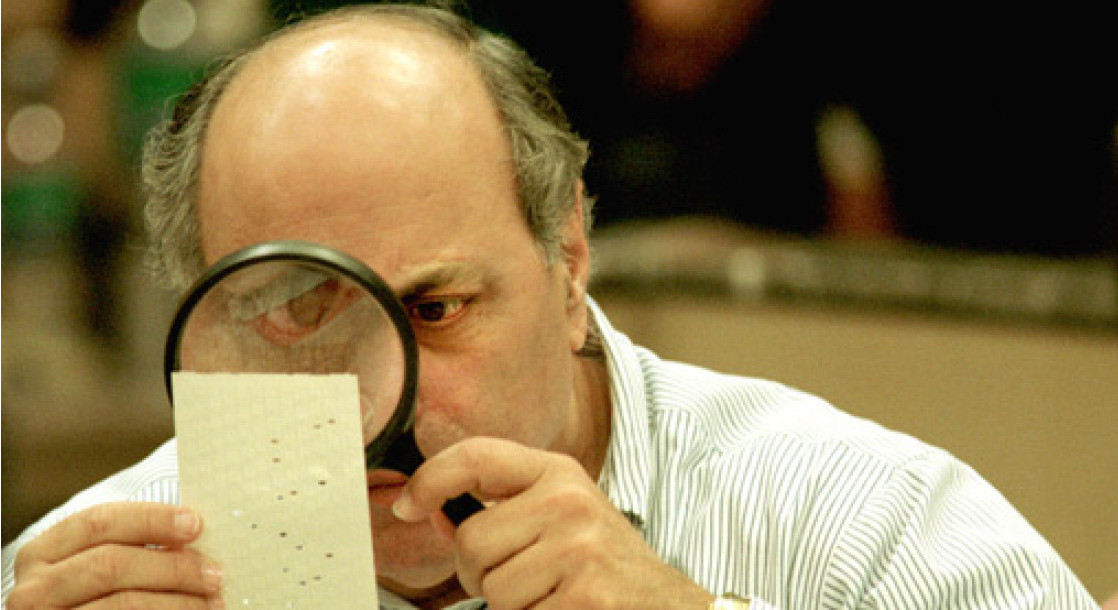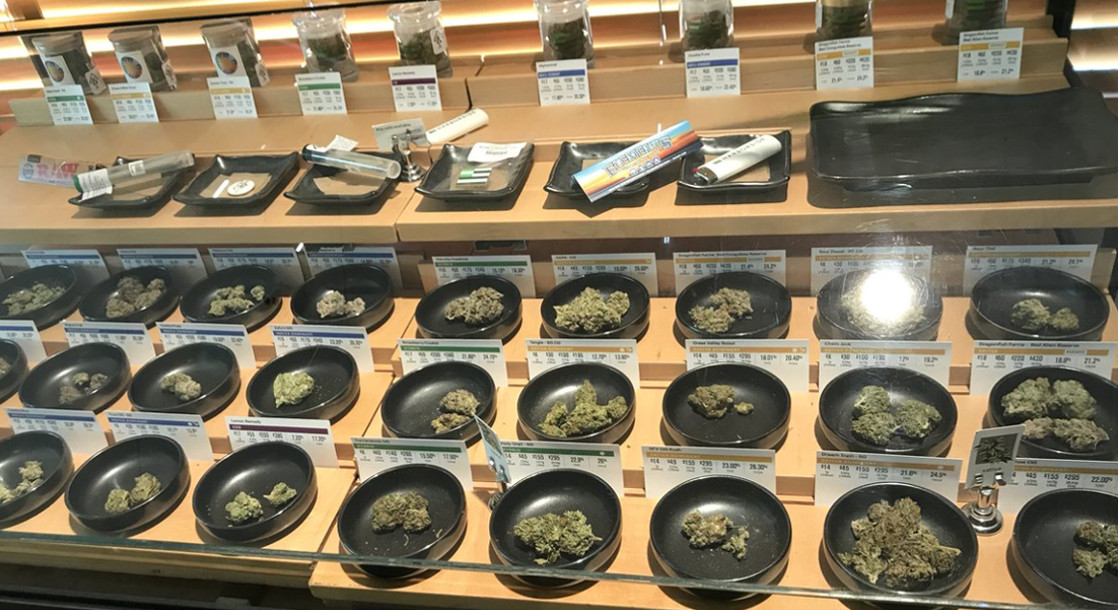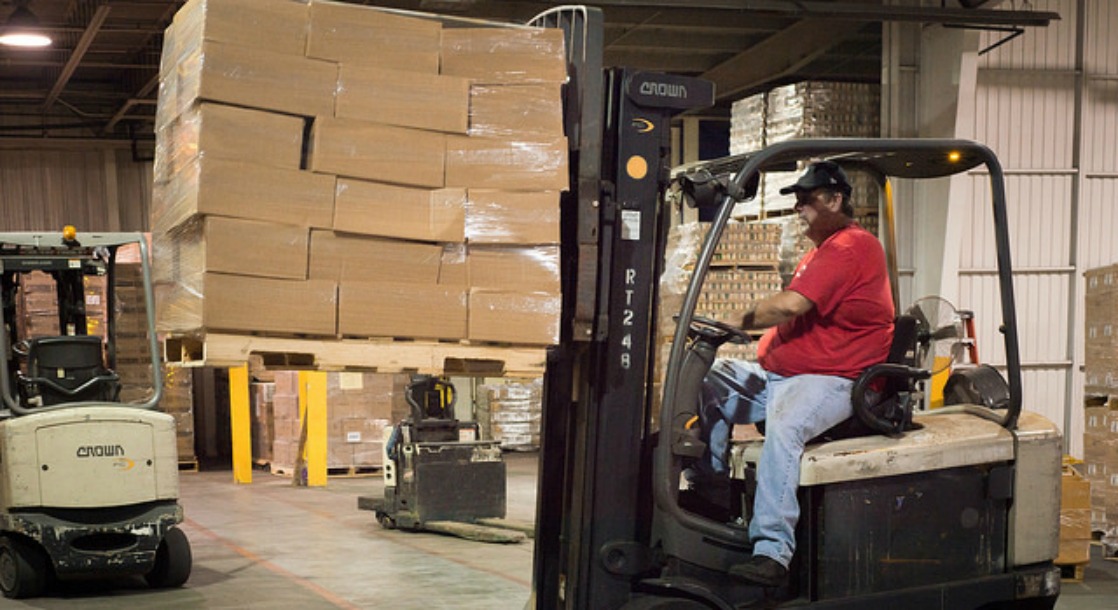Last month, after the first tally of votes on Question 1—Maine’s referendum to legalize and regulate recreational cannabis—was finished on Election Day, it was revealed that the Yes side had prevailed by only 4,073 votes, less than one percent of ballots cast. This thin win gave groups opposed to marijuana legalization, such as Mainers Protecting Our Youth and Communities, the political cover needed to try and change the outcome by petitioning for another score of the votes, and they successfully initiated a state-funded recount. But on Saturday, after two weeks of examining 30 percent of nearly 760,000 total ballots, there was no substantial change in sight for the proposal’s margin of victory, and the opposition decided to throw in the towel, asking Maine’s secretary of state to discontinue the effort.
“We are excited and grateful that the No on 1 campaign has decided not to drag this out any longer so we can start the business of implementation and responsibly regulate marijuana,” said David Boyer, manager of the Yes on 1 campaign. Newell Augur, legal counsel for the No on 1 campaign, said of their decision: “We promised folks that if we came to a point where we could not see any chance of reversing the result, we would not drag the process out. We are satisfied that the count and the result are accurate.” He added, “Given the extraordinarily close margin, the recount was a worthwhile and necessary endeavor. Ultimately, this is how democracy works, and we were proud to be a part of it.” Augur did note in a press release that the recount had narrowed the margin between the two sides even further to under 4,000 votes.
The recount had already been paused last Thursday for the holidays. By that point with no change in the outcome, the No campaign was receiving strident criticism from the Yes side for continuing a recount projected to cost half a million dollars at taxpayer expense, as well as for prolonging the recount by providing fewer volunteers to assist in the process than the Pro-campaign, increasing the workload of state employees. Even Secretary of State Matt Dunlap previously remarked, “…we’ve been handicapped a little bit because we haven’t had enough counters from the No side. That’s slowed things down…” Augur rejoined that their campaign relied on supporters “who have full-time jobs.” When the recount recessed, Mr. Dunlap’s spokeswoman Kristen Musynski strongly hinted at their preference for moving forward, stating that it was up to the No campaign to decide “if and how to proceed” in January. Now that the undertaking has been aborted, the No on 1 campaign estimated the recount only cost the public $15,000, likely in an effort to earn goodwill as they’ve signaled their intent to stay an active watchdog of the new industry as regulations begin to be developed by the state legislature.
Now that the vote count is a settled issue, the next potential obstacle for adult-use cannabis in Maine comes from its own Governor’s office. Gov. Paul LePage has been an extremely vocal opponent of recreational legalization in Maine since the referendum campaign kicked off. After Election Day he too refused to give up the fight, alternately suggesting that he might not sign the certification of the referendum results; that “if there was ever a bill that the legislature should just kibosh, [Question 1]’s it”; that the measure’s retail taxes should be increased (perpetuating the likelihood of a black market); and that if a recreational market proceeds, then it purportedly gives grounds for shutting down Maine’s long-standing medical cannabis program (despite the risk of compromising medicine for those who really need it). Secretary of State Dunlap has said despite LePage’s threat to not sign off on the referendum results, “The Maine Constitution is clear. The Governor can’t veto a measure approved by the people. Signing the measure is a ministerial act. If he refuses to sign it, I will.” However many anticipate that LePage will ultimately sign the measure, as he has with other referendum results with which he didn’t agree. Mr. Boyer from Yes on 1 even thinks LePage could be shifting his attitude: “I think he’s envisioning marijuana being legal in Maine with some of the changes he’s talking about. That’s very different than being opposed to it.” LePage’s obstinacy aside, it’s surprising that the spokesperson for Maine’s own legalization campaign could be so nonchalant about the possibility of the state’s governor allowing recreational cannabis, but gutting protections for medical marijuana.
Once LePage, or some other official, signs off on the proclamation of the referendum, legalizing the measure, the law will take effect in 30 days, then allowing Maine’s residents to possess up to 2.5 ounces of cannabis and grow six plants at home. It’s expected to take at least a year before retail cannabis storefronts make their bow, that is if LePage or the Trump administration don’t find a way in the meantime to interfere with the people’s choice to legalize it. We’ll find out soon, as the governor is supposed to issue the proclamation within ten days of receiving the certified election results, which are expected to land on his desk this week.











